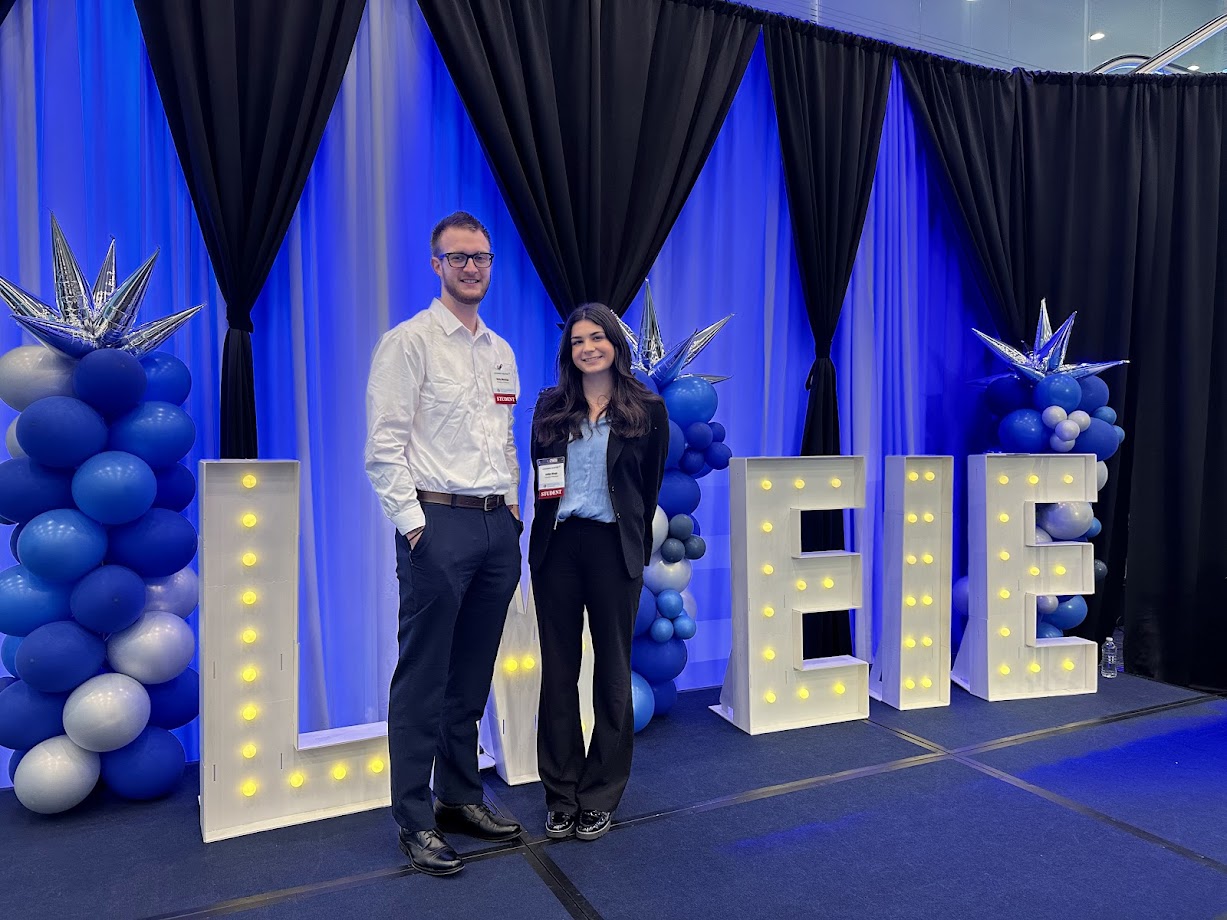Individuals face moral decisions daily. We may not realize it, but ethics is everywhere.
The Big Picture
The Center for Practical Ethics at the University of Mississippi teaches students how to think critically and reason morally by applying ethical theories and principles to situations with respect for diverse viewpoints. There is a crucial need for civil dialogue now — deliberations that democracy requires — on a range of ethical issues.
Alumni and friends can support this center with gifts of all sizes.
Why It Matters
The Center for Practical Ethics (TCPE) offers students — and the larger community — guidance ondeveloping viable solutions to pressing moral and political issues through research, collaboration and dialogue, ethical education and policy guidance. Two Ole Miss students who are taking advantage of the center’s offerings and programs shared the impact they see it making.
“In a time when many young people struggle with complacency and a lack of critical thinking, The Center for Practical Ethics fosters respectful dialogue, intellectual engagement and moral courage,” saidAshlyn Minga of Hattiesburg, Mississippi, a biomedical engineering major.
“Supporting TCPE is an investment in the next generation of ethical leaders,” she said.
Both Minga and Leyton Turk, a rising junior from Philadelphia, Mississippi, became engaged with The Center for Practical Ethics while taking an introductory class to ethical policy debate. Turk, who is pursuing philosophy and rhetoric majors and a military science minor, served as a “Just Conversations” moderator. Just Conversations is a fun event run by students that explores ethical issues and possible solutions through low-key conversations on hot-button issues.
“I think the center says a lot about our university. It shows that we are willing to take the initiative on things — the world is just as morally confused as ever, but what we’re doing at the center gives people a tool set to deal with moral questions,” Turk said. “Moreover, trusting student leaders to teach others and show what they know boosts our confidence in our knowledge and makes the lessons more palatable to our peers.”
Minga also was introduced to Ethics Bowl, and she began attending team practices and center events.Her interest in ethical reasoning quickly deepened.
Since then, Minga has become the captain of the Ethics Bowl team, participating in two regional tournaments, and she now serves as president of the Compass Club, which has as its goal educating university students, faculty and staff in ethical theory, respectful dialogue and effective debate.
“The Center for Practical Ethics has challenged me to think more deeply about the ethical dimensions of everyday life and inspired me to get involved in other organizations to help create meaningful change. Through TCPE, I’ve grown into a more thoughtful, passionate advocate for ethical dialogue and action,” Minga said.
Turk also said being involved in the center has enhanced his Ole Miss experience.
“The biggest impact the center has had on me is providing me the opportunity to apply what I have learned in my studies into daily conversations,” he said. “Every day, people are asking, ‘What should I do?’ This is the core question of philosophy. I have found that even those who are skeptical of the value of a philosophy degree are much more open to the idea when I walk them through a complex ethical issue relating to their field (such as the ethics of do-not-resuscitate orders with a nursing major),” he said.
In addition, the center has outreach efforts. Ethical U offers two week-long summer camp programs with The Center for Practical Ethics in collaboration with the Office of Pre-College Programs in the Division of Outreach and Continuing Education. The first camp, June 9-13, is designed for rising high school sophomores, juniors and seniors. The second camp, June 16-19, is for 7th through 9th graders, and both provide an engaging introduction to practical ethics.
Deborah Mower, holder of the Mr. and Mrs. Alfred Hume Bryant Lectureship in Ethics and a professor of philosophy, directs the center. Her doctorate is in philosophy, and her areas of expertise include applied ethics and public policy, moral education and moral psychology with an emphasis on moral sensitivity, conviction and civil discourse.
To learn how you can support the center, contact Delia Childers, senior director of development for the College of Liberal Arts, at dgchilde@olemiss.edu or 662-915-3086, or online here.


